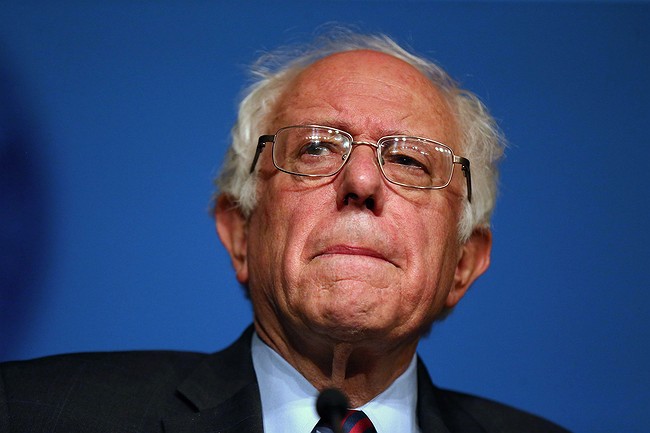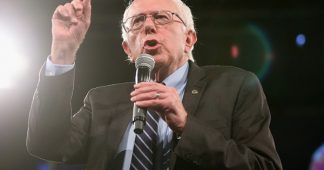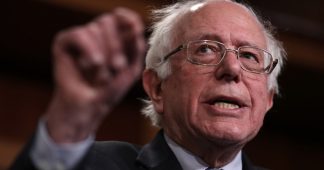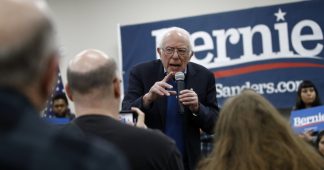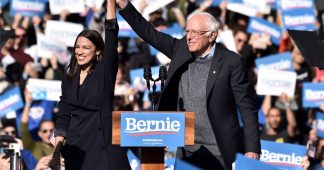He favored nationalization of industry in the 1970s, and he defended Ortega and Cuba in the 1980s
Agree or disagree with Bernie Sanders, at least he’s consistent—or so he claims. “Having a long record,” the Vermont senator said in October, “gives people the understanding that these ideas that I’m talking about—they are in my guts. They are in my heart. This is who I am as a human being, and it ain’t gonna change.”
That’s true up to a point. During half a century in public life, Mr. Sanders has dependably denounced “oligarchy” and proclaimed himself a “democratic socialist.” But his definition of the term has radically changed. Last year he said his goal was “an economy in which you have wealth being created by the private sector, but you have a fair distribution of that wealth.” He added: “I think that countries like Denmark and Sweden do very well.”
He had a different vision in the 1970s, when he sought statewide office four times as the nominee of the Liberty Union Party of Vermont. Campaigning for U.S. Senate in 1971, he demanded the nationalization of utilities. In 1973 he proposed a federal takeover of “the entire energy industry,” and in 1974 he wanted a 100% tax on all income above $1 million. In 1976 he asserted that workers needed to “take immediate control of the economy if we are to survive” and called for “public ownership of utilities, banks and major industries.” He had a plan for “public control over capital.” As late as 1987 he asserted that “democracy means public ownership of the major means of production.”
By the time Mr. Sanders won his first election—as mayor of Burlington, Vt., in 1981—he had become an independent. He had also begun a dalliance with the Socialist Workers Party, a communist group that had followed Leon Trotsky.
Read more at https://www.wsj.com/articles/the-socialist-evolution-of-bernie-sanders-11580673878
